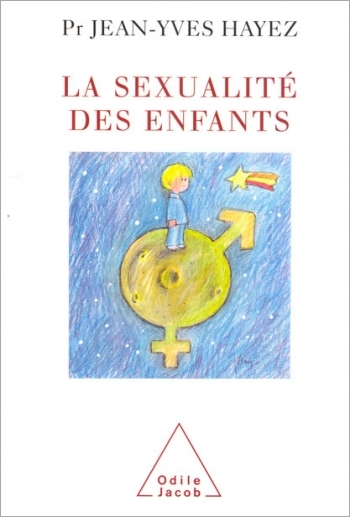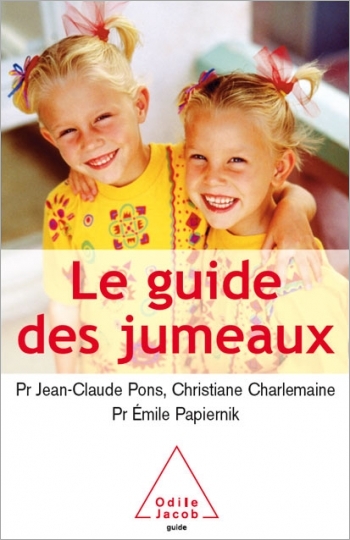General Psychology All books
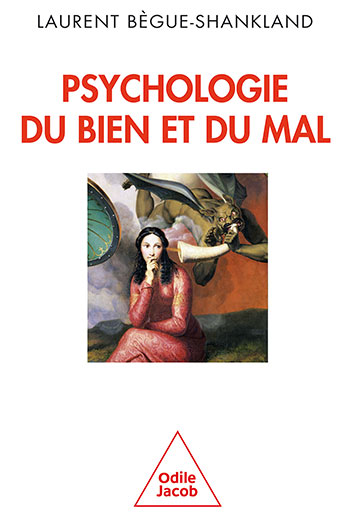
Laurent Bègue-Shankland
The Psychology of Good and Evil
How our idea of morality builds on and informs our personal life and our relationships
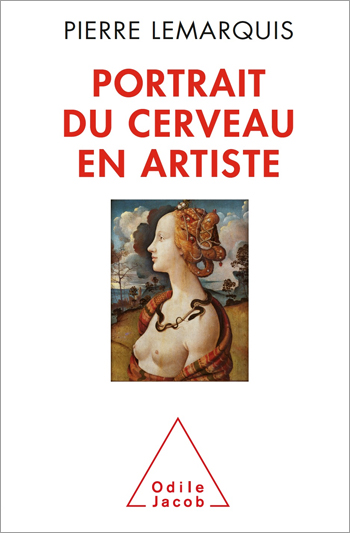
Pierre Lemarquis
Portrait of the Brain as an Artist
How do art and its appreciation affect the brain and how do they enhance our lives, both mentally and physically?

Jeannette Favre, Catherine Jousselme
A Twin and Unique Enjoying Being a Twin
This unusual testimonial will support and assist anyone who is closely or more distantly concerned with twins and twin births
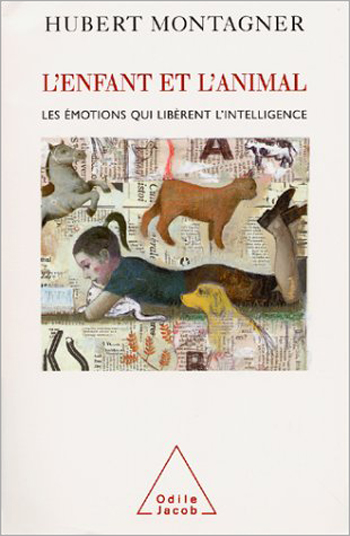
Hubert Montagner
Child and Animal The Emotions Which Liberate Intelligence
What could be more commonplace than the emotional ties that some children develop with cats and dogs or other pets? And yet, nothing could be more surprising than the fact that such ties, which are sometimes very close and intense, can exist between members of very different species. The author traces the long history of this co-evolution, from the early domestication of animals for economic ends (such as warning or defence) to the keeping of animals as pets. Above all, he asks the question: What if animals contribute significantly to childrens psychological and emotional development? Professor Hubert Montagner heads a research unit of INSERM.
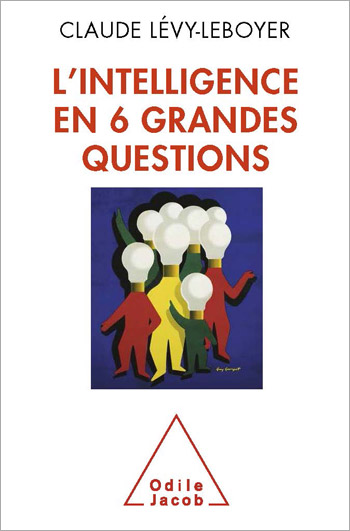
Claude Lévy-Leboyer
Testing Intelligence with 6 Essential Questions
A clear synthesis of the most recent research results on IQ and other intelligence tests.


